Generally, people think of Eurovision as a song contest between competing European countries. Each European country battles for the title of Eurovision Song Contest winner of that year through the brutal art of song. So, why does Australia compete?
The simple answer is that Australians are known to be Eurovision’s most dedicated non-European supporters. Special Broadcasting Service (SBS) has broadcasted the event down under since 1983. I mean, they’re on the other side of the world tuning in during the early hours of the morning just to witness all things camp and cheese. They deserve a spot.
It’s not necessarily that strange for a non-European country to participate in Eurovision. They are the second country outside of Europe to take part since Morocco in 1980.
On the 10th February 2015, the European Broadcasting Union (EBU) announced that in honour of Eurovision’s 60th anniversary, Australia would be invited to participate in the finals (as an automatic finalist). In the years following Eurovision 2015, Australia’s entry into the contest was judged on a case-by-case basis. Instead of automatically qualifying, Australia competes in the semi-final rounds first like most other countries bar the ‘big five’ contributors whose countries automatically qualify – Italy, France, Spain, Germany and the UK.
Australia’s host TV broadcaster SBS is a part of the EBU, and that in itself is a qualification requirement for entering the contest – so everything is valid and to the rulebook.
In 2019, Eurovision confirmed that Australia had signed a contract to secure its spot in the competition for the next five years until 2023. This means that come next year there is a question as to whether Australia will continue their successful run in the contest or not.
In 2015, Australia sent in their first song, ‘Tonight Again’ by Guy Sebastian – the song came 5th in the Grand Finals.
Australia’s best result came in 2016, coming in second place with ‘Sound of Silence’ while Ukraine won with Jamala’s ‘1944’. Australia sent in a household name with Dami Im who had previously won Australia’s X Factor and was no stranger to a TV competition.
Australia generally does very well in the contest. They’ve competed in Eurovision seven times (excluding their 2022 entry Sheldon Riley) and have been in the top 10 four times.
Like many other Eurovision competing countries, Australia hosts its own internal competition where Australian viewers are allowed to choose their representative in ‘Eurovision – Australia Decides’.
In 2020, the pandemic cancelled the Eurovision song contest which saw the fan-voted Montaigne reappear for the 2021 contest. Instead of Montaigne’s 2020 song ‘Don’t Break Me’ they reappeared with the song ‘Technicolour’ for the Eurovision semi-finals. However, Australia did not appear in person. Australia holds the distinction of being the first nation to compete remotely. In 2021, it was also the first time Australia had not qualified for the Grand Finals.
Australia has gone on a Eurovision journey since they first appeared in 2015. They’ve come close, and if they do win the EBU has confirmed that following the rules Australia would not host the event. Australia would instead nominate a co-host nation from Europe. It does make sense, if Australia did win I doubt that all of the European viewers would enjoy watching a Eurovision broadcast at 2am.

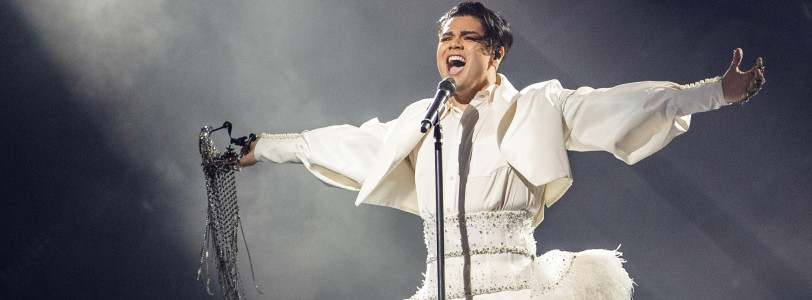
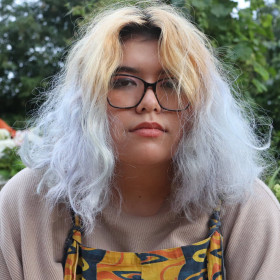
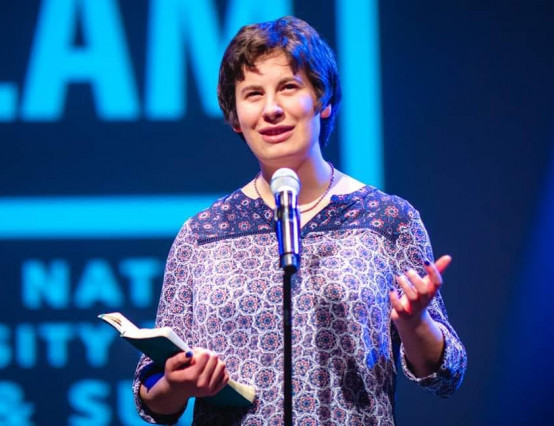
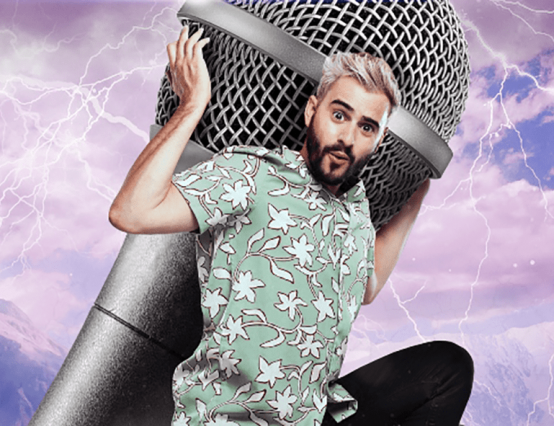
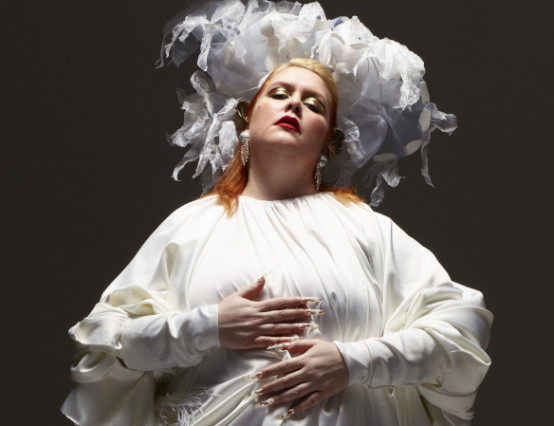



0 Comments